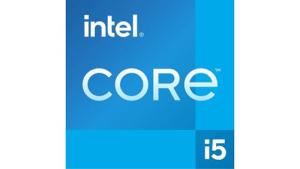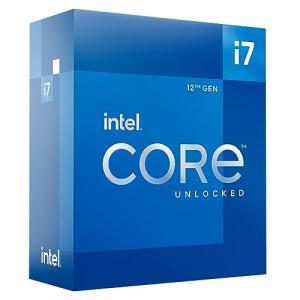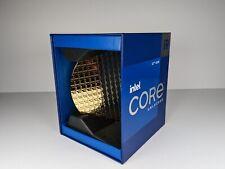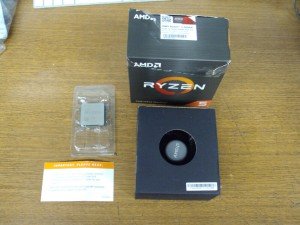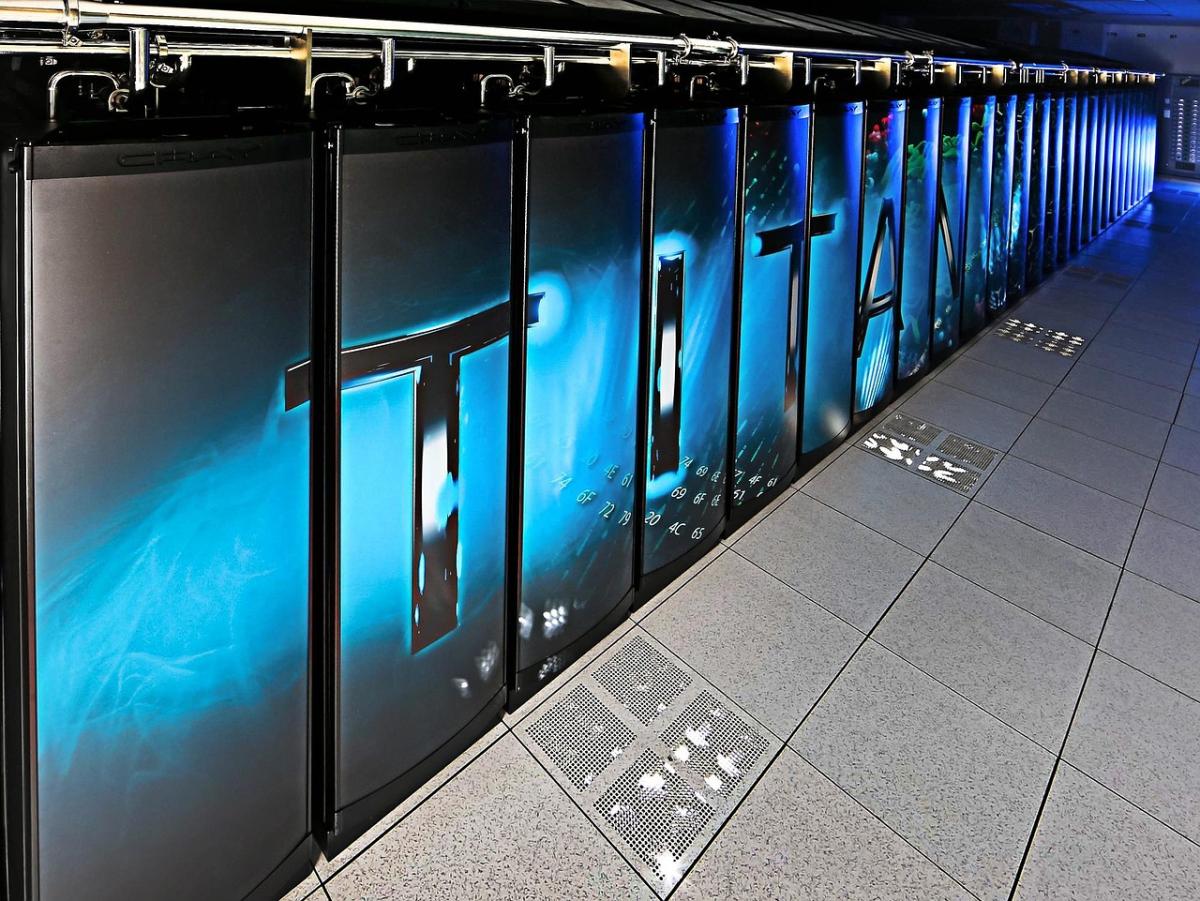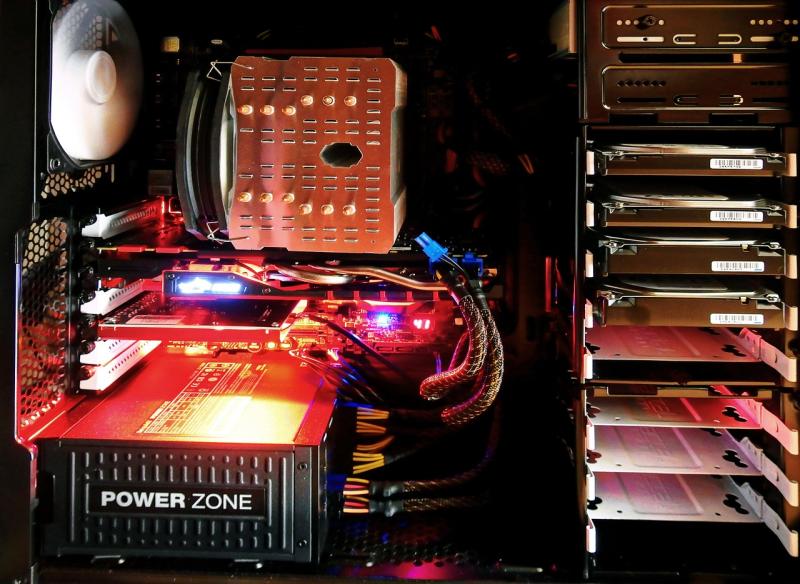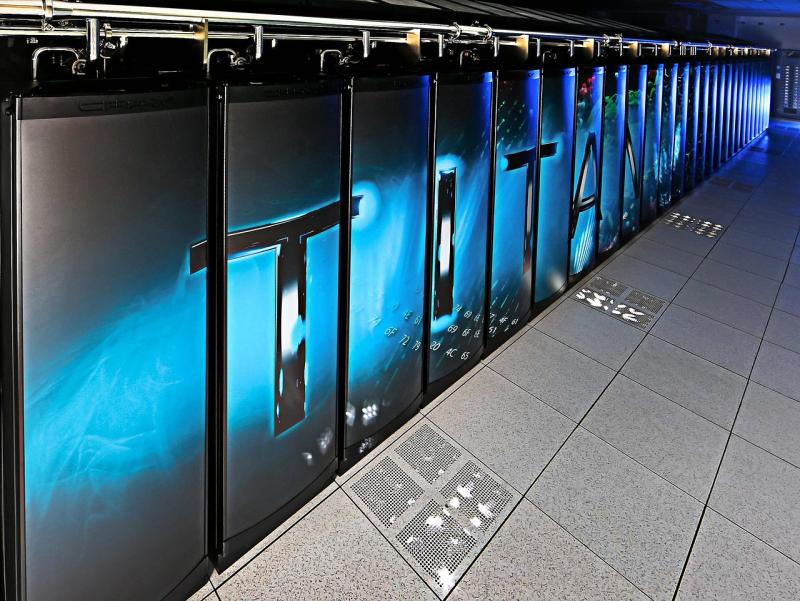**Introduction**
Hybrid quantum-classical processors represent a convergence of two worlds—melding the raw power of classical computing with the revolutionary potential of quantum mechanics. By integrating quantum accelerators as co‑processors, PCs can handle complex operations and large‑scale simulations with unprecedented speed. This article explores the emerging field of hybrid processors, the technological advancements pushing quantum acceleration in desktop environments, and the transformative benefits they may offer for AI, cryptography, and scientific research.
**Technological Innovations**
- **Quantum Co‑Processors:**
Early quantum accelerators are being developed to work alongside classical CPUs, executing specialized tasks like optimization of complex algorithms and large‑matrix computations.
- **Hybrid Processing Architectures:**
Innovative system designs allow seamless integration between quantum co‑processors and classical cores via standardized interfaces and custom middleware.
- **Cryogenic and Error‑Correction Systems:**
Advances in cryogenic cooling and quantum error correction ensure that quantum components operate reliably alongside traditional hardware.
- **AI‑Assisted Task Scheduling:**
Machine learning algorithms optimize the distribution of computational tasks between quantum and classical resources, maximizing throughput and reducing latency.
**Applications and Benefits**
- **Accelerated Scientific Research:**
Hybrid processors can solve complex optimization problems, facilitating breakthroughs in chemistry, physics, and material science.
- **Enhanced Cryptography:**
Quantum acceleration can improve encryption and decryption processes, delivering robust security for enterprise systems.
- **Optimized AI Inference:**
Integration with AI models accelerates deep learning, reducing training times and enhancing real‑time inference for data analytics.
- **Future‑Proof High‑Performance Computing:**
While still early in development, hybrid systems promise performance gains that could redefine desktop computing for both consumer and enterprise applications.
**Future Directions**
Future research will focus on increasing the qubit count, enhancing integration with classical components, and lowering the cost of quantum accelerators. We may eventually see hybrid systems become standard in high‑performance PCs, unlocking new computational paradigms for complex applications.
**Keywords:** hybrid processors, quantum acceleration, quantum-classical integration, high‑performance computing, AI acceleration, quantum co‑processor, cryogenic computing, quantum error correction, next‑gen processing
Hybrid Quantum-Classical Processors
The Future of High‑Performance Computing
Related Articles
Essential High-Performance PC Components You Need Now
Upgrade your setup with the must-have parts for unbeatable gaming and productivity
Top Picks for Best High-Performance PCs
Find the perfect power machine for gaming, work, or creative projects
Your Guide to the Best High-Performance PCs
Find the Right PC for Your Gaming and Creative Needs
View our related products
See more